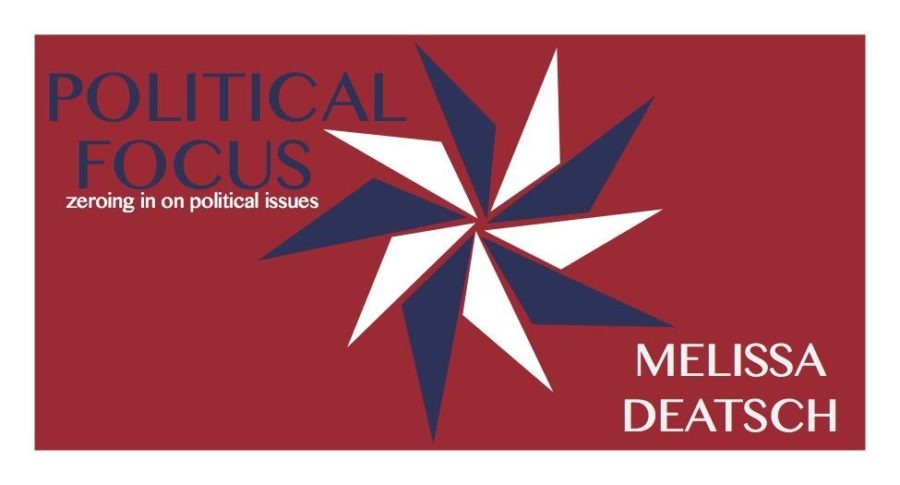Political Focus: Rescheduling Marijuana
What’s the Issue?
This past weekend, protesters gathered outside the White House in Washington, D.C. and openly smoked marijuana. The protest was initiated by the group DCMJ, a group dedicated to fighting for the rights of cannabis users.
The couple hundred protesters were joined by a 51-foot inflatable joint to call for the rescheduling of the drug.
Marijuana is currently considered a schedule 1 drug, a classification for the most dangerous drugs. Schedule 1 drugs are considered by the Drug Enforcement Agency to be “drugs with no currently accepted medical use and a high potential for abuse.” Other schedule 1 drugs are Heroin and Ecstasy while Cocaine, OxyContin and Vicodin are all examples of Schedule 2 drugs.
DCMJ is calling for the drug to be rescheduled or completed taken off the list. Moving to a schedule 2 drug would acknowledge the plant’s potential medical uses. However, at the end of January President Obama said at the Democratic retreat in Baltimore that marijuana reform was not on his agenda for 2016.
What are the sides?
The President has stayed away from the debate with relatively vague answers to reporters and activists. He has noted that any change would have to come from Congress. He has been noted to answer questions with “If you got me a bill, and got it on my desk, I’d probably sign it.
This stance has continued to infuriate activists. Within the general public, there is plenty of support for not just the rescheduling of marijuana, but the legalization of the plant.
According to the latest Pew Research Center poll, 53 percent of Americans support full legalization. While a CBS poll last year found that 84 percent of Americans support legalization for medical use.
The change to schedule 2 for marijuana would aide in the research of its medical purposes. Presidential candidate Sanders wants to remove the drug from the list of controlled substances completely.
To do so would be a major step towards full legalization. Though it wouldn’t legalize the drug by itself, it would allow states to pursue legalization without barriers from the federal government.
Opposing Democratic candidate Hillary Clinton has come out in favor of the rescheduling to a schedule 2 classification, while John Kasich has said he is against the legalization of any drugs.
Ted Cruz has said he does not personally want legalization but he thinks that the power to make that decision belongs to the states. While Donald Trump has gone from saying he supports the legalization of all drugs before his candidacy to opposing legalization for recreational use and supporting access to marijuana for medical purposes.
Why should you care?
Whatever history you may have with the use of marijuana, it’s important to understand both the pros and cons to the drug.
In terms of medical uses, many doctors feel that there is plenty of evidence to suggest that marijuana can ease certain symptoms causes by illnesses such as cancer, AIDS and Epilepsy and the drugs used to treat them. However, opposers advise against its use because of the lack of consistent data and the availability of other medicines to serve the same purpose.
In terms of the recreational use of marijuana in addition to medical use come the concerns of addiction and the gateway affect. Many suggest that people who use marijuana regularly show many of the same symptoms of withdrawal as is consistent with drugs containing nicotine.
There are also numerous studies showing the trend of marijuana leading to the use of other, more dangerous drugs such as heroin or cocaine. While those in favor of legalization site other studies showing the vast majority of users don’t use it everyday and give it up in their 20s or 30s.




